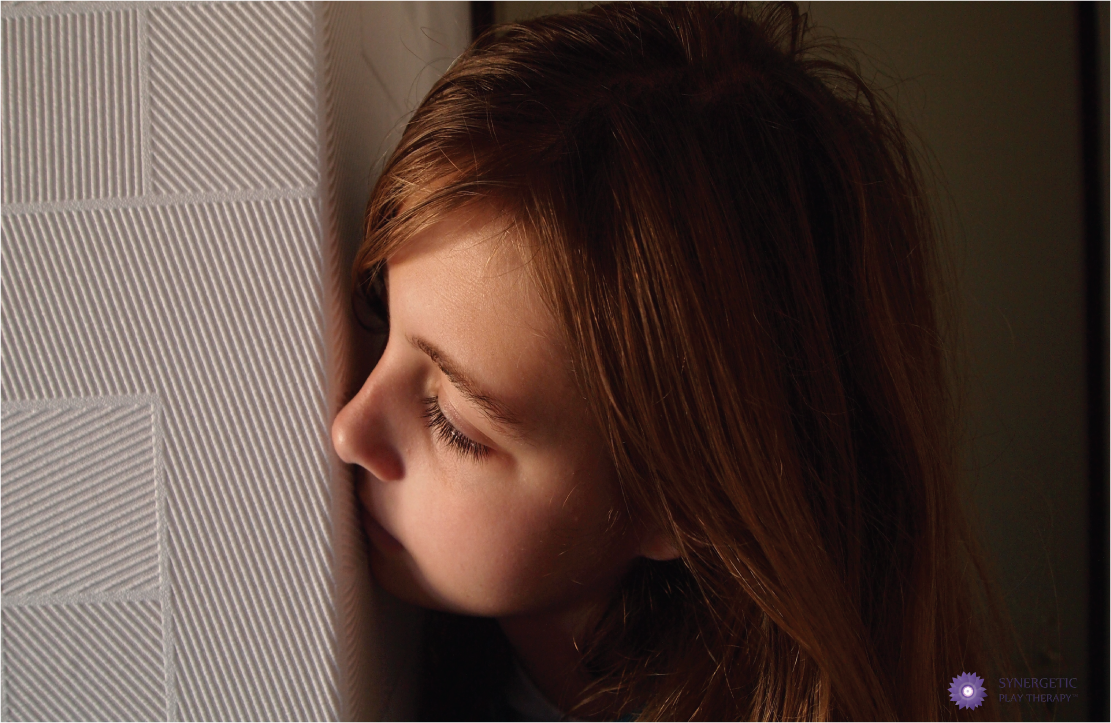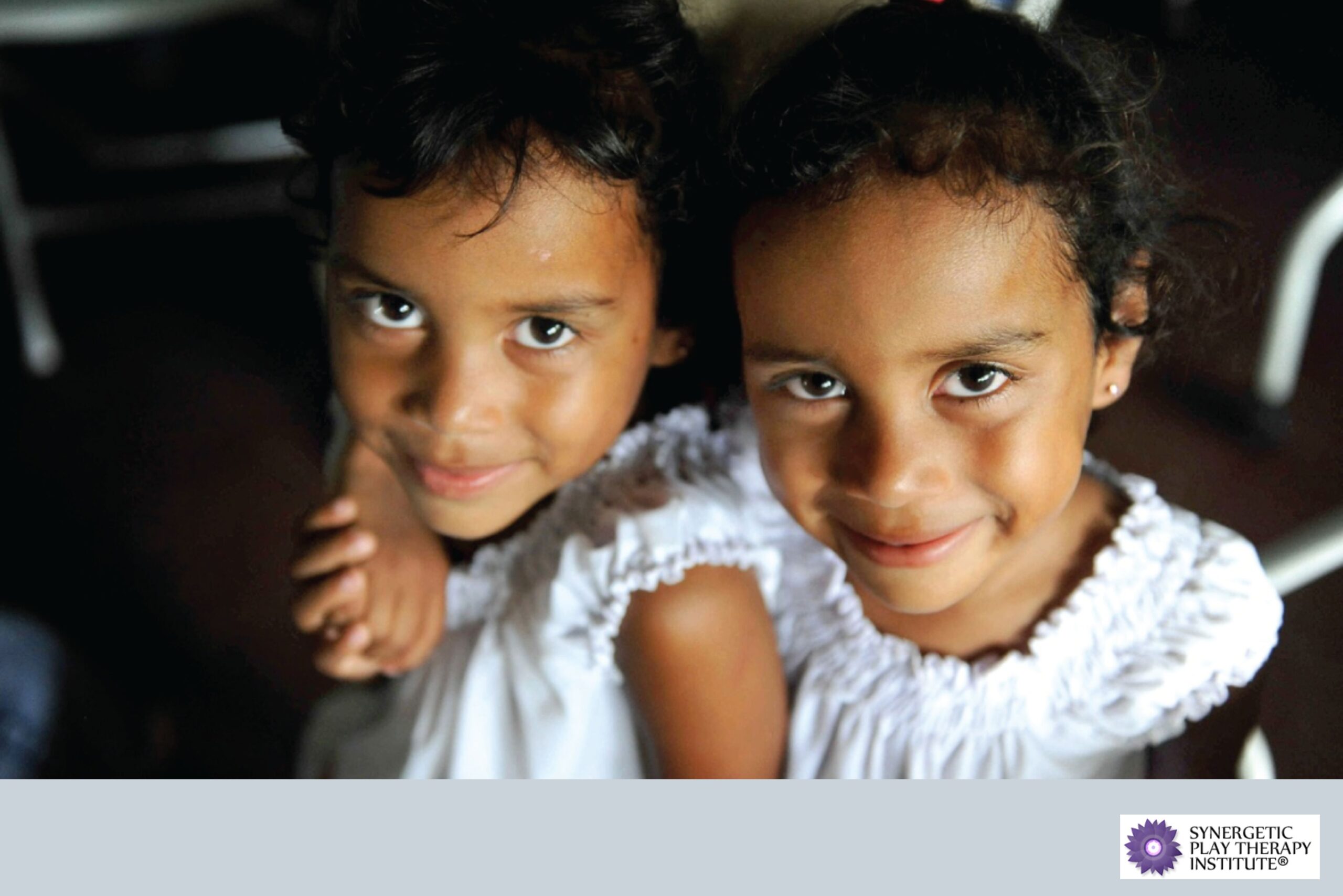By Lisa Dion, LPC, RPT-S
From frogs inside of pockets to the darndest things they say, children are full of surprises. In many ways, this is wonderful: they make us laugh and smile and see things from different perspectives. But, sometimes, these surprises give us pause and leave us wondering what to do in certain situations.
As play therapists, this is no truer than when a child tells us they’re ready to leave in the middle of a play therapy session. Stick a fork in the bop bag, they’re done.
Most play therapists have had this happen at one time or another (or, perhaps, many times). But, while it can be frustrating or leave us wondering where we went wrong, it’s also an opportunity to expand the bond between client and clinician. Why? Because play therapy isn’t about what happens inside the playroom; it’s about what happens inside the relationship.
In fact, a child telling us they’re done provides an opportunity to cultivate this relationship even further. After all, a client’s wanting to leave can tell us many things and most of these things aren’t about something the therapist did wrong.
Sometimes, when a child says they’re done, it really means that they just need a break from the intensity of what they are feeling or experiencing in the room – a trip to the water fountain, bathroom, or a quick wave to mom and dad are often enough to help them get back into their window of tolerance and continue.
Other times, they need to leave the playroom altogether. Maybe they are really tired that day, maybe the intensity is just too much, maybe leaving the room is part of their play- whatever the reason, they are done being in the room and they are not coming back.
Whether it’s for a quick break or they are done being in the playroom completely, it’s okay. Let’s be honest, all of us, no matter our story, may need to leave our own “playrooms” every now and then and get a breather or shift scenes altogether.
So, here’s what’s important to know: unless the moment they leave the session happens to coincide with the time the session is supposed to end, the session isn’t over – it’s just no longer taking place inside of the four usual walls. It’s now taking place in the waiting room or the hallway or outside on the lawn.
It’s important that, when a child announces they are done as they are walking out the playroom door, we keep in mind this one thing: the most important message we can give to a child (other than you aren’t broken, damaged and that your authentic self is brilliant) is that we are going to stay in relationship no matter what happens. Wherever they go, we go. Because it is the relationship that heals.
As you navigate this often unexpected and unsettling moment, here are a few things to keep in mind:
- Look at what happened right before they announced they were done: Often this will give a clue about what they needed a break from. Most likely you will see that they got close to a part of the issue that was challenging for them and this is great information to have so that you understand their window of tolerance. And, if you happened to notice that you might have said something or done something that was challenging for the child, take a deep breath and remember that everything is repairable and that the child wanting to leave the room was a brilliant way for them to practice self-care.
- Remind yourself that therapy can happen anywhere: If a child wants to leave the playroom to go look at a colorful painting in the lobby or to sit outside on the curb and watch the birds fly over, that’s okay. The key is not to let them out of the relationship. The relationship continues no matter where you and your client go.
- The session ends when the scheduled time ends: If we get into the habit of letting a child be “done” and go home early, we are actually teaching them, when things get hard, avoid. This is different than teaching them that, when things get hard, it’s ok to take a break, change the scene, change the intensity, leave them room (etc.). It’s different than teaching them that staying connected to self and in relationship are really important.
Ultimately, the most important thing to keep in mind is that a play therapy session can happen anywhere – it’s not the place, but the relationship between you and your client. It’s the connection that counts.
Interested in credits and courses delivered to your living room? Take a look at all our classes, available on our learning site.






